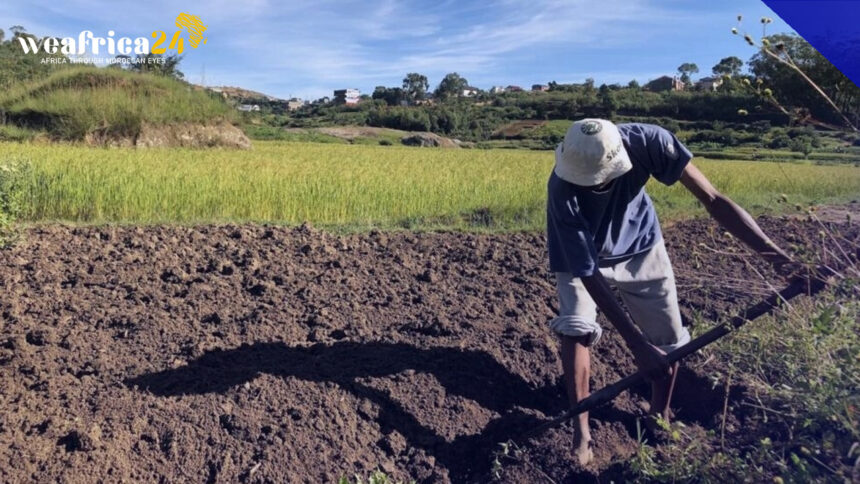The curtain fell this weekend on a four-day workshop organized by the Ministry of Decentralization and Spatial Planning of Madagascar to prepare the forthcoming land law. This new legislation aims to assert the state’s ownership of certain lands and further safeguard the legal rights of small-scale farmers. However, the reform also raises concerns.
Since 2022, the state has made significant efforts to secure plots of land for farmers. A law has been enacted allowing them to obtain a land certificate for the lands they have cultivated and developed for over five years. These certificates, issued by municipalities, legally recognize ownership. Recently, over 1.4 million of these certificates have been issued under the Casef project funded by the World Bank.
Now, the state seeks to secure lands in its name as well. Last January, the Council of Ministers decided to amend Law 2008-014, which governs the state’s private domain. “The objective is for the Malagasy state to know which lands belong to it,” explains Mamin’ Ny Aina Rakotobe Lydson, the Director of Lands and Land Ownership at the Ministry of Decentralization and Spatial Planning.
The aim is for the state to identify lands and better control their usage. “The idea is to secure the state’s domain to prevent its misappropriation,” underscores the domain’s overseer.
However, these recent directions have raised concerns among civil society. Advocates for family farming wish to be more extensively involved in the process of rewriting the law.
They fear, as they convey, that this land security reform, ostensibly aimed at inventorying state lands, may conceal a desire to identify lands – possibly already locally appropriated – and reserve them for investors, either national or international. This, they fear, may come at the expense of millions of Malagasy households reliant on agriculture (70% of the population, according to the World Bank’s 2024 poverty report).
In Madagascar, the demand for land among farmers is immense, particularly among the youth. Every year, 700,000 young people enter the job market, with 80% turning to agriculture. Over 250,000 farms are established annually and require land for cultivation. Advocacy organizations for peasant farming hope that the state will prioritize supporting these young individuals.







